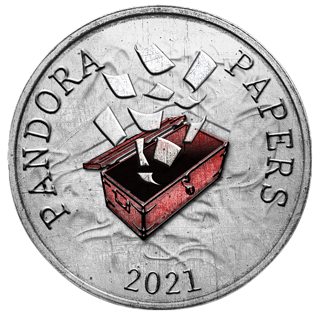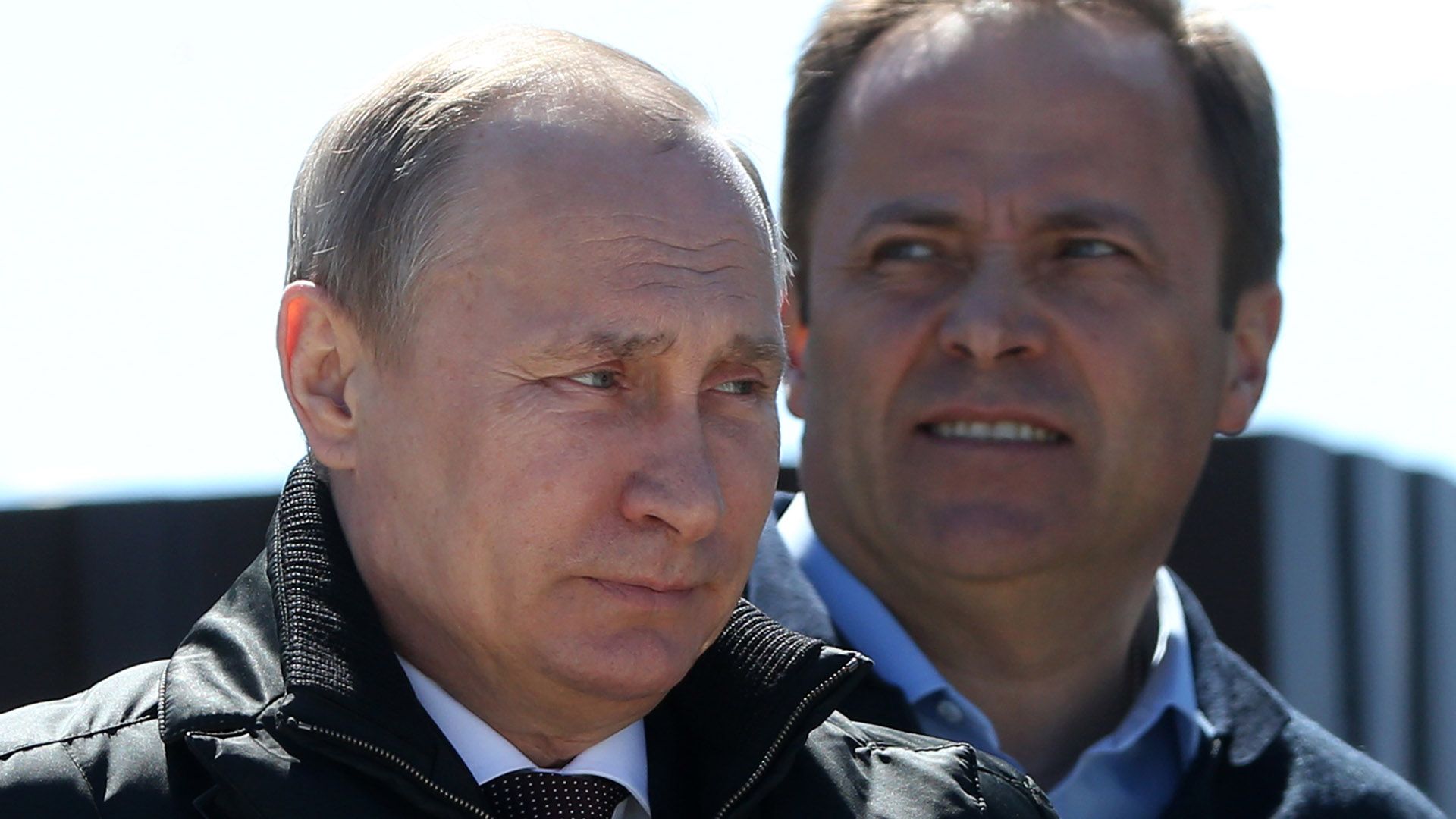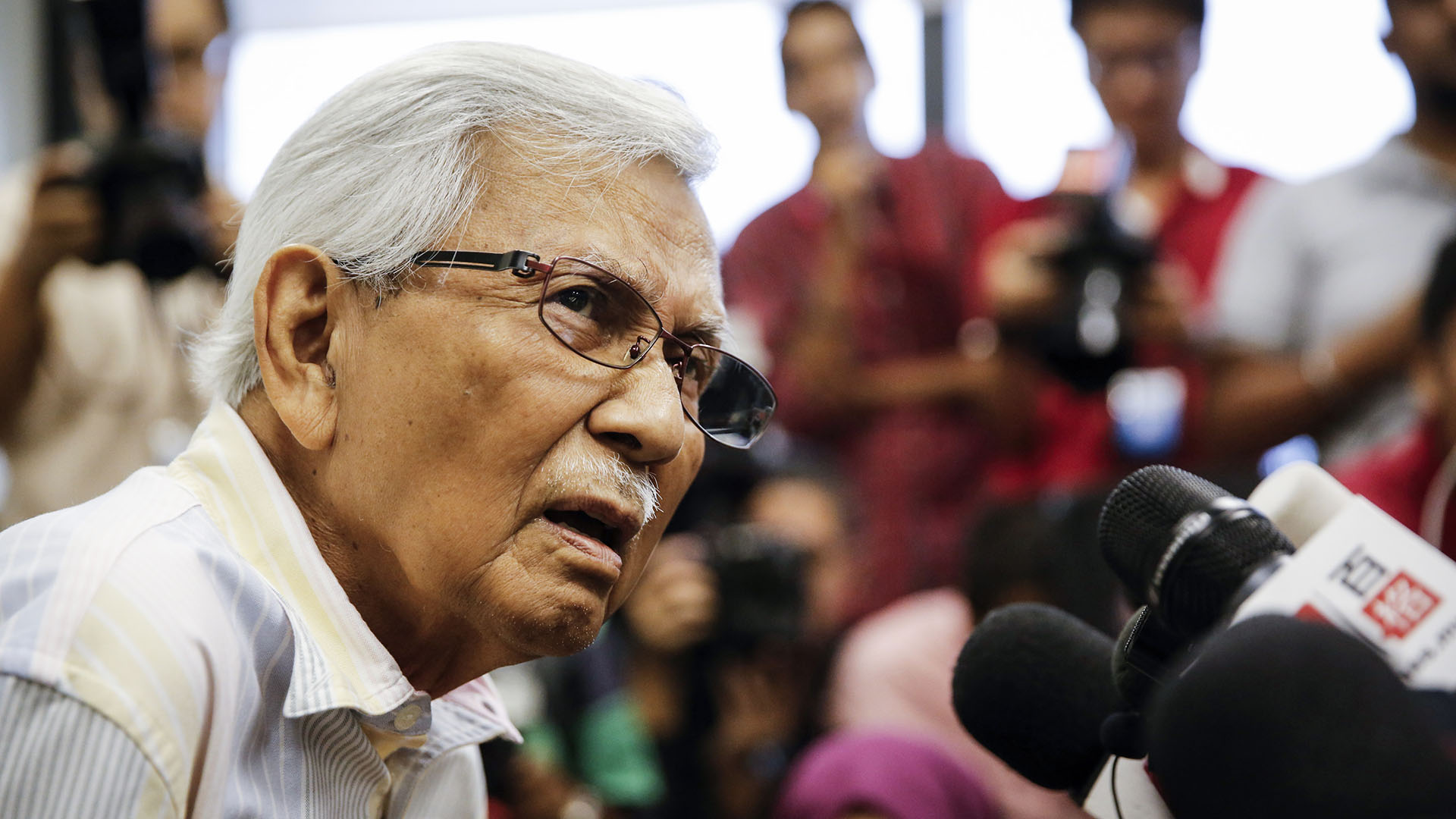IMPACT
UK freezes London property linked to Putin ally after ICIJ report
Since Russia invaded Ukraine in 2022, the U.K. government has faced criticism for failing to enforce sanctions, reportedly overlooking even poorly hidden Kremlin-linked funds and assets.
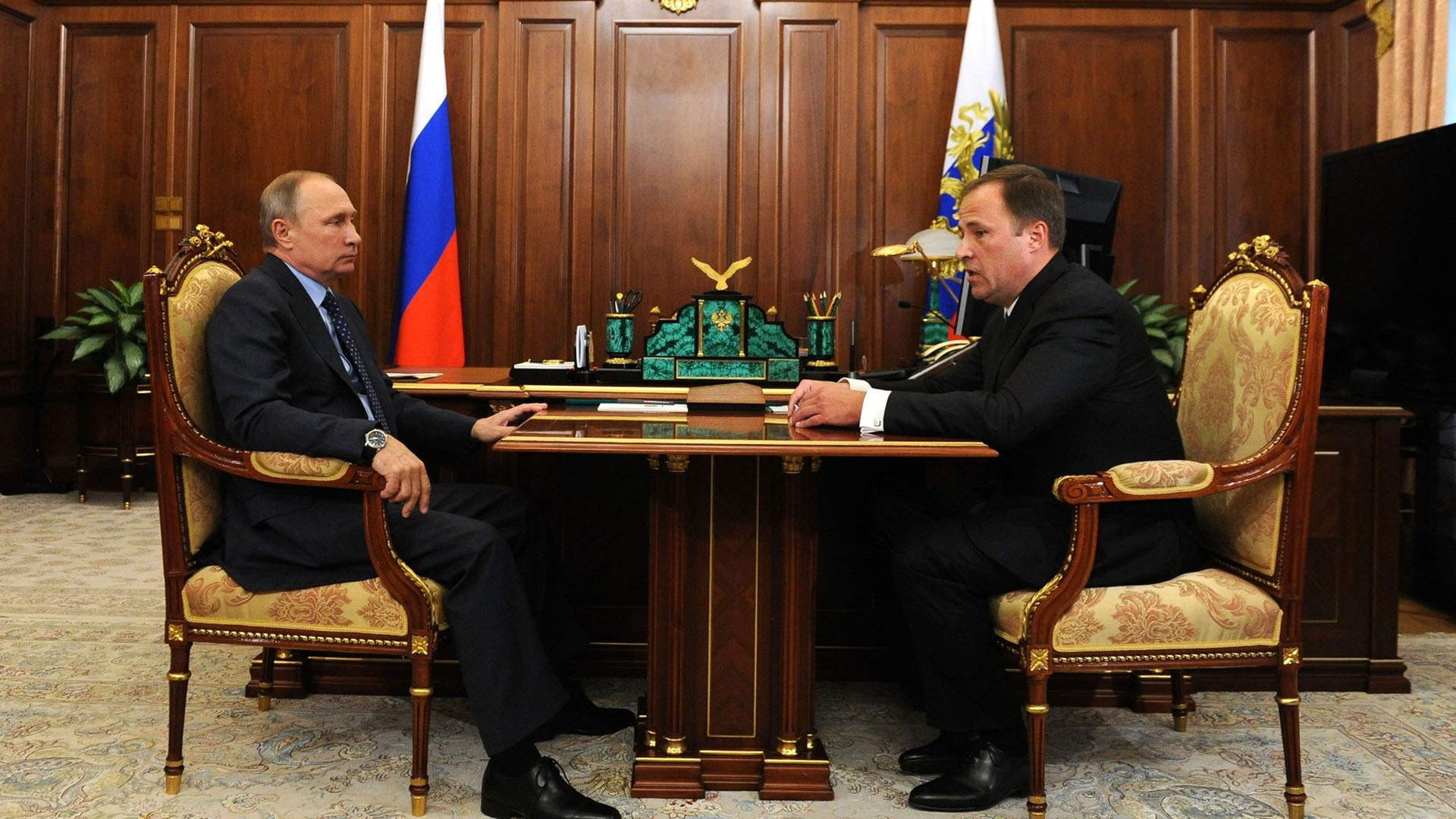
U.K. authorities froze a multimillion-dollar London townhouse linked to Igor Komarov roughly one week after the International Consortium of Investigative Journalists revealed the property appeared untouched by sanctions against the high-ranking Kremlin official.
In February, ICIJ showed the ongoing connection between Komarov and the townhouse on Herbert Crescent — a prime location in central London — which was purchased for more than $16.5 million in 2007 through a British Virgin Islands-based shell company he previously controlled.
There was nothing illegal about the transaction as Komarov, who serves on Russia’s Security Council, was not sanctioned by the United Kingdom until 2022.
However, at the time of ICIJ’s reporting, filings under the U.K.’s Register of Overseas Entities, or ROE, meant to peel back layers of offshore secrecy to reveal the true owners of U.K. real estate, listed a trust as the beneficial owner of the BVI company, Wastom Holdings Ltd., rather than Komarov himself.
ICIJ’s findings, which tied Komarov to the trust as well as the London townhouse, were based on leaked files obtained by ICIJ as part of the 2016 Panama Papers and 2021 Pandora Papers investigations, plus U.K. Land Registry documents. The leaked files included a trust agreement and a mortgage contract.
Typically, the U.K. Treasury annotates the public deed, known as the title, of properties frozen due to sanctions to prevent them from being sold. But ICIJ found no such notation had then been made to the deed for the Herbert Crescent townhouse.
The Treasury; Companies House, the U.K.’s corporate registry; and the Land Registry all either didn’t reply to ICIJ’s requests for comment or declined to comment. And yet, shortly after ICIJ published its findings, U.K. authorities appeared to respond.
The Companies House entry for Wastom, which reflects the ROE filings, was updated on April 5. It now lists Komarov as a beneficial owner of the company due to having “significant influence or control over the trustees of a trust.” The sanctions against him are also noted.
On March 7, the property deed was updated, according to the U.K. Land Registry. It now includes a warning similar to those attached to the deeds of other U.K. real estate connected to sanctioned individuals.
It reads: “RESTRICTION: No disposition of the registered estate is to be completed by registration unless the registrar is satisfied that the disposition is not in contravention of regulations made under the Sanctions and Anti-Money Laundering Act 2018. Note: This restriction has been entered pursuant to the designation of Igor Anatolyevich Komarov as an asset freeze target listed on the Consolidated List of Financial Sanctions Targets in the UK maintained by HM Treasury.”
Since Russia invaded Ukraine in 2022, the U.K. government has faced scrutiny over its patchy enforcement of sanctions and was found by the BBC to have repeatedly failed to freeze even poorly hidden Kremlin-linked funds and assets.
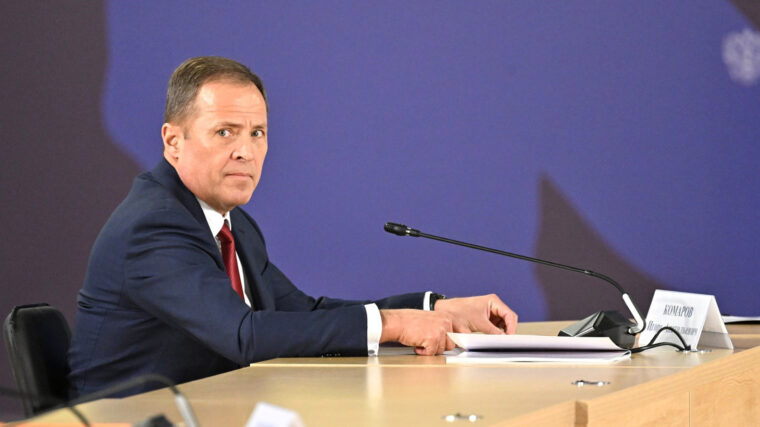
Ben Cowdock, senior investigator at Transparency International UK, said authorities’ moves following ICIJ’s reporting were a “reminder of the important role of journalists and civil society in helping to identify previously unknown assets belonging to Putin’s cronies.”
“Without leaked data, this property would have remained hidden behind a trust arrangement, despite recent efforts by the UK to bring greater transparency to property ownership.”
Cowdock described the Herbert Crescent townhouse as “just the tip of the iceberg,” and warned that properties belonging to sanctioned individuals remained hidden behind opaque trusts, which are exempt from the reporting requirements of the ROE.
“The British Government should now move to publish information on trusts when they control properties either directly or via companies,” he said. “Doing so will enable journalists and civil society to identify more assets belonging to Putin’s cronies and corrupt individuals, giving them nowhere to hide.”
A spokesman for Companies House declined to comment on the update to the Wastom entry.
